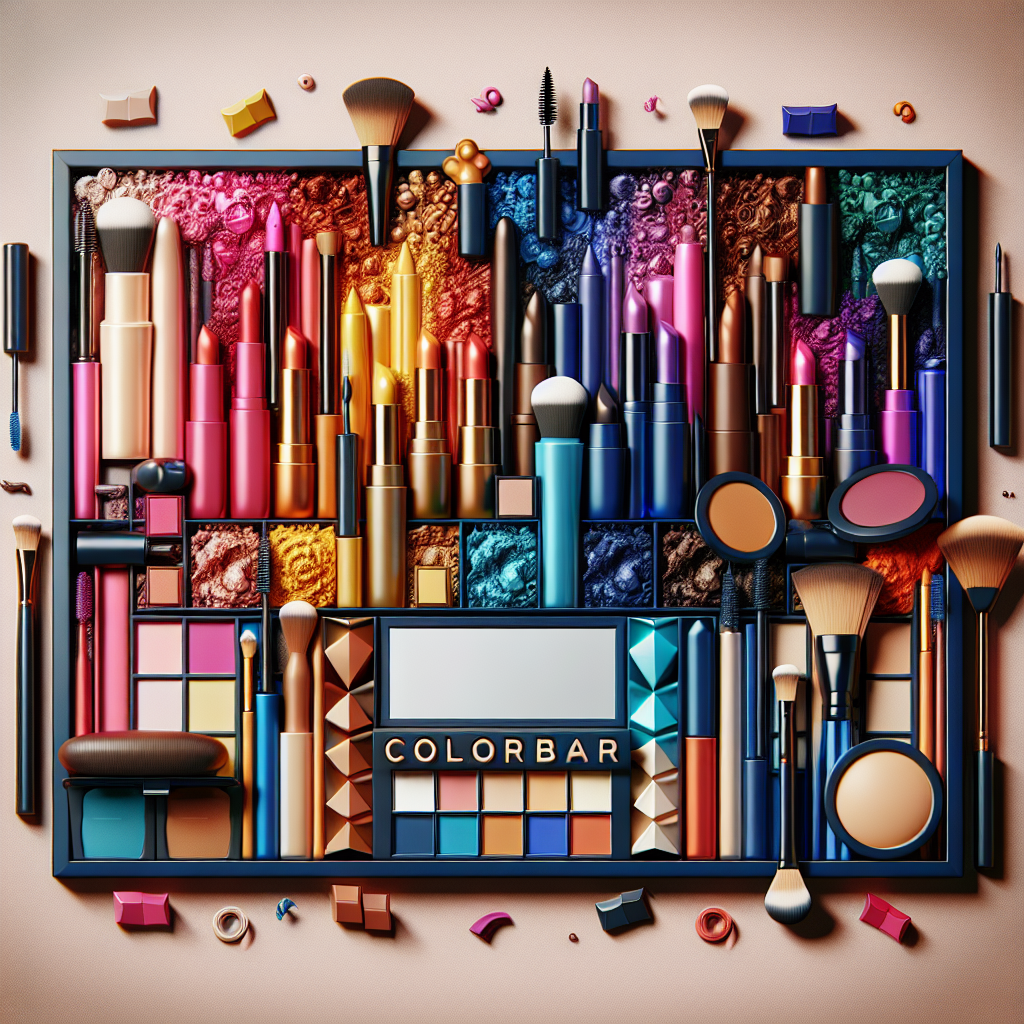NZ Cosmetics Win Big with Certification Scheme Unlocking China’s $200M Market
Minister Simpson emphasized that this initiative demonstrates the Government’s strategic approach to backing exporters, cutting red tape, and increasing the country’s global competitiveness.

- Country:
- New Zealand
In a major leap forward for New Zealand’s health and beauty exports, Prime Minister Christopher Luxon, during his state visit to Shanghai, has unveiled a landmark Good Manufacturing Practice (GMP) certification scheme that removes a key regulatory barrier and paves the way for Kiwi-made cosmetics and skincare products to enter China's lucrative $200 million in-store retail market.
The announcement, warmly welcomed by Trade and Investment Minister Todd McClay and Commerce and Consumer Affairs Minister Scott Simpson, marks a significant turning point for exporters eager to expand beyond cross-border e-commerce platforms and place their brands on physical shelves throughout one of the world's fastest-growing consumer economies.
A Strategic Win for Exporters
“This is a smart, practical step that removes a long-standing trade barrier and opens up valuable new channels for our exporters,” said McClay. “It means more high-quality, innovative New Zealand products on shelves in China — not just online, but in retail stores and shopping malls across the country.”
Previously, New Zealand cosmetic exporters relied heavily on cross-border e-commerce, which provided limited physical exposure and often carried logistical and regulatory hurdles. The new certification framework now offers direct access to China’s traditional retail sector, offering long-term commercial advantages and brand visibility.
The GMP certification aligns with China’s regulatory requirements for cosmetics, addressing compliance hurdles that previously hindered market entry. The scheme was developed collaboratively by the Ministry of Business, Innovation and Employment (MBIE) and International Accreditation New Zealand (IANZ).
How the Scheme Works
Under the new program, exporters must complete an independent GMP assessment with IANZ. If deemed compliant, MBIE will issue a Government-backed certificate — an official confirmation that the product meets China’s domestic regulatory standards. This certificate allows New Zealand cosmetic companies to legally sell their products through traditional retail outlets in China.
Key features of the scheme include:
-
Independent GMP audit conducted by IANZ to verify adherence to manufacturing quality and safety.
-
MBIE-issued certification, confirming official compliance with Chinese regulations.
-
Retention of ethical standards: New Zealand’s ban on animal testing for cosmetics remains firmly in place, signaling strong commitments to sustainability and cruelty-free practices.
Unlocking Growth and Aligning Standards
Minister Simpson emphasized that this initiative demonstrates the Government’s strategic approach to backing exporters, cutting red tape, and increasing the country’s global competitiveness.
“With global demand for health and beauty products rising, this gives our exporters the confidence to grow and compete in China—quickly, credibly, and at scale,” said Simpson. “It’s another example of how we’re aligning our standards with key trading partners to give Kiwi firms the certainty they need to succeed.”
The certification scheme also ties into the Government’s broader export strategy, including its goal to double the value of New Zealand exports over the next decade. By removing complex approval barriers and simplifying the certification pathway, this move empowers small and medium enterprises (SMEs) to scale up and innovate.
Ethical Edge in a Competitive Market
New Zealand’s reputation for clean, green, and ethical production gives its products a significant marketing edge, especially in China’s growing conscious consumer segment. With the new GMP certification, companies can now reassure Chinese consumers that their cosmetics are not only safe and effective but also sustainably and ethically produced.
“Chinese buyers are increasingly looking for products they can trust—products that are natural, safe, and cruelty-free,” noted McClay. “This scheme delivers just that, with the official backing of the New Zealand Government.”
Industry Reaction and Outlook
Exporters and industry stakeholders have welcomed the scheme, calling it a “breakthrough opportunity” to tap into a previously restricted but highly profitable market. Cosmetics New Zealand, the industry body, said the certification framework would “level the playing field” and encourage innovation among smaller brands eager to internationalize.
Looking ahead, the Government is expected to monitor the scheme’s rollout and explore opportunities to replicate the model in other high-growth sectors or markets with complex compliance landscapes.










